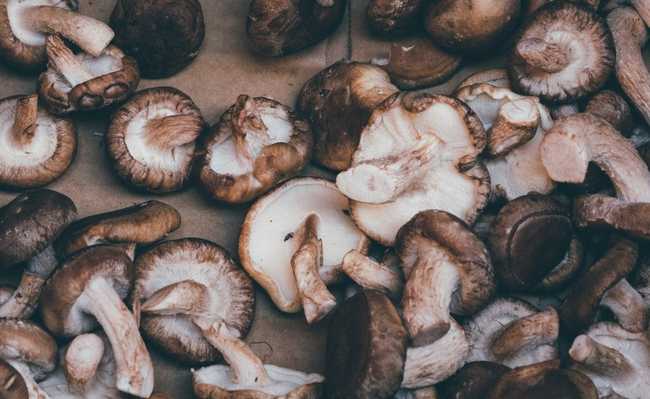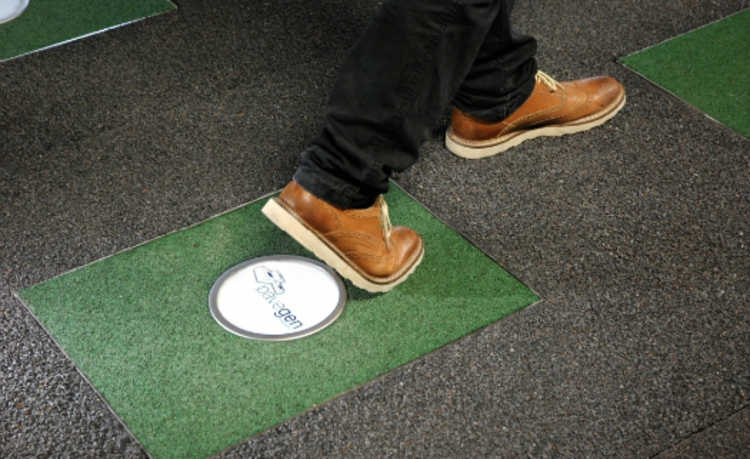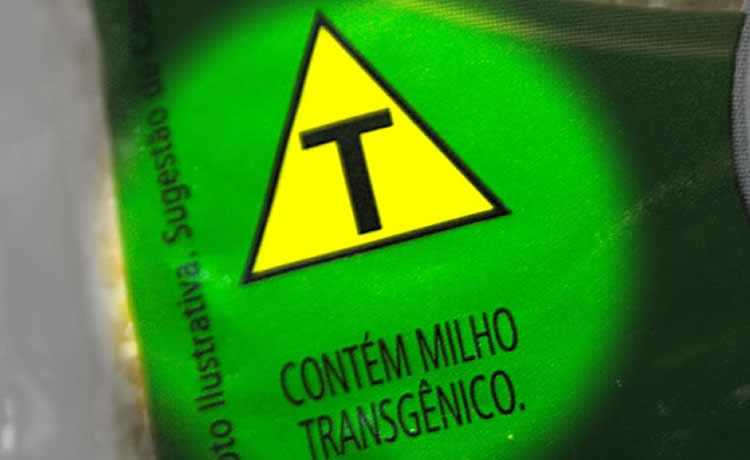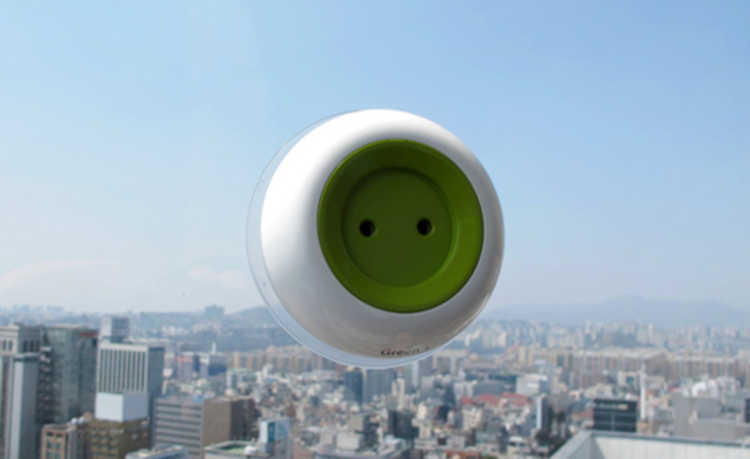What is shitake and its benefits
Rich in protein and fiber, the shitake mushroom can be a great ally for your health

Edited and resized image of Milkoví is available on Unsplash
The shiitake mushroom, scientifically called Lentinula edodes and popularly spelled "shitake", is a type of edible mushroom native to East Asia. In Brazil, it was only introduced in 1990. It is rich in proteins, is good for immunity, has anti-cancer properties, among other benefits. Check out:
- Yanomami book on mushrooms wins Jabuti Award
What is shitake mushroom?
It is a decomposing fungus that lives on dead trees, is very nutritious and rich in protein with nine essential amino acids. It is found brown in color and has arrows that grow between 5 and 10 cm.
About 83% of shiitake is grown in Japan, although the United States, Canada, Singapore and China also produce them (see study about it here: 1). You can find it for sale in fresh form, dehydrated or in supplements.
Shiitake is low in calories, has good amounts of fiber, plus B vitamins and some minerals.Four units of dry shiitake (15 grams) contains:
- Calories: 44
- Carbohydrates: 11 grams
- Fiber: 2 grams
- Protein: 1 gram
- Riboflavin: 11% of the Recommended Daily Intake (RDI)
- Niacin: 11% of the IDR
- Copper: 39% of the IDR
- Vitamin B5: 33% of the IDR
- Selenium: 10% of the IDR
- Manganese: 9% of the IDR
- Zinc: 8% of the IDR
- Vitamin B6: 7% of the RDI
- Folate: 6% of the IDR
- Vitamin D: 6% of the RDI
It is also rich in proteins, polysaccharides, terpenoids, sterols and lipids, some of which have immune system-stimulating, cholesterol-lowering and anti-cancer effects (see study about it here: 2).
However, the amount of bioactive compounds in shiitake depends on how and where it is grown, stored and prepared (see study about it here: 3).
With an umami flavor, it can be prepared in vegetable stews, soups, sauces, etc. But the shiitake mushroom has long been used in traditional Chinese medicine. And it is also part of the medical traditions of Japan, Korea and Eastern Russia (see study about it here: 4).
- What is Monosodium Glutamate
In Chinese medicine, shiitake is believed to improve health, longevity and circulation. Studies suggest that some of its bioactive compounds may protect against cancer and inflammation (see study about it here: 4).
However, many of the studies were performed on animals or test tubes, not people. Animal studies often use doses that far exceed what people normally receive from food or supplements.
good for the heart
The shiitake mushroom has three compounds that help lower cholesterol (see studies about it here: 3, 5, 6):
- Erytadenine: inhibits an enzyme involved in the production of cholesterol;
- Sterols: help block the absorption of cholesterol in the intestine;
- Beta Glucans: This type of fiber helps lower cholesterol.
A study in rats with high blood pressure found that shiitake powder prevented an increase in blood pressure. Another study, also carried out on rats, but this time fed a high-fat diet, showed that those who received shiitake developed less liver fat, less plaque on artery walls, and lower cholesterol levels than those who did not eat mushrooms. .
Improves immunity
Shiitake can also help to strengthen the immune system. A study, in which participants ingested two dry shiitakes daily, showed that after a month there was an improvement in immunological markers and a decrease in the levels of inflammation.
Another study, in rats, found that a shiitake-derived supplement helped reverse age-related declines in immune function.
Helps prevent cancer
The polysaccharides present in shiitake mushrooms can also have an anticancer effect (see studies about it here: 7, 8). The lentinan polysaccharide, for example, helps fight tumors by activating the immune system (see studies about it here: 9, 10)
An analysis has shown that lentinan inhibits the growth and spread of leukemia cells. In China and Japan, an injectable form of lentinan is used along with chemotherapy and other important cancer treatments to improve immune function and quality of life for people with gastric cancer (see studies about it here: 11, 12) .
However, the evidence is insufficient to determine whether eating shiitake mushrooms has any effect on cancer.
Promising antibacterial and antiviral effects
Several shiitake compounds have antibacterial, antiviral and antifungal effects (see study about it here: 13, 14). As antibiotic resistance increases, some scientists feel it is important to explore the antimicrobial potential of shiitake (see study on this: 15).
However, although the isolated shitake compounds have shown antimicrobial activity in test tubes, it is not yet proven whether eating shiitake has any effect on viral, bacterial or fungal infections in people.
It can strengthen your bones
Mushrooms are the only natural source of vitamin D. Your body needs vitamin D to build strong bones, but very few foods contain this important nutrient.
Mushrooms' vitamin D levels vary depending on how they are grown. When exposed to UV light, they develop higher levels of this compound.
In one study, rats fed a diet low in calcium and low in vitamin D developed symptoms of osteoporosis. In comparison, those who received shiitake with calcium and UV had higher bone density.
However, remember that shiitake provides vitamin D2. This is a lower form than vitamin D3.
Possible side effects
Most people can safely consume shiitake, although some side effects may occur. In rare cases, people can develop a rash when eating or handling raw shiitake (see study about it here: 16)
According to one study, this shiitake dermatitis can be caused by lentinan. In addition, long-term use of powdered mushroom extract can cause other side effects, including upset stomach and sensitivity to sunlight (see studies on this here: 17, 18).










